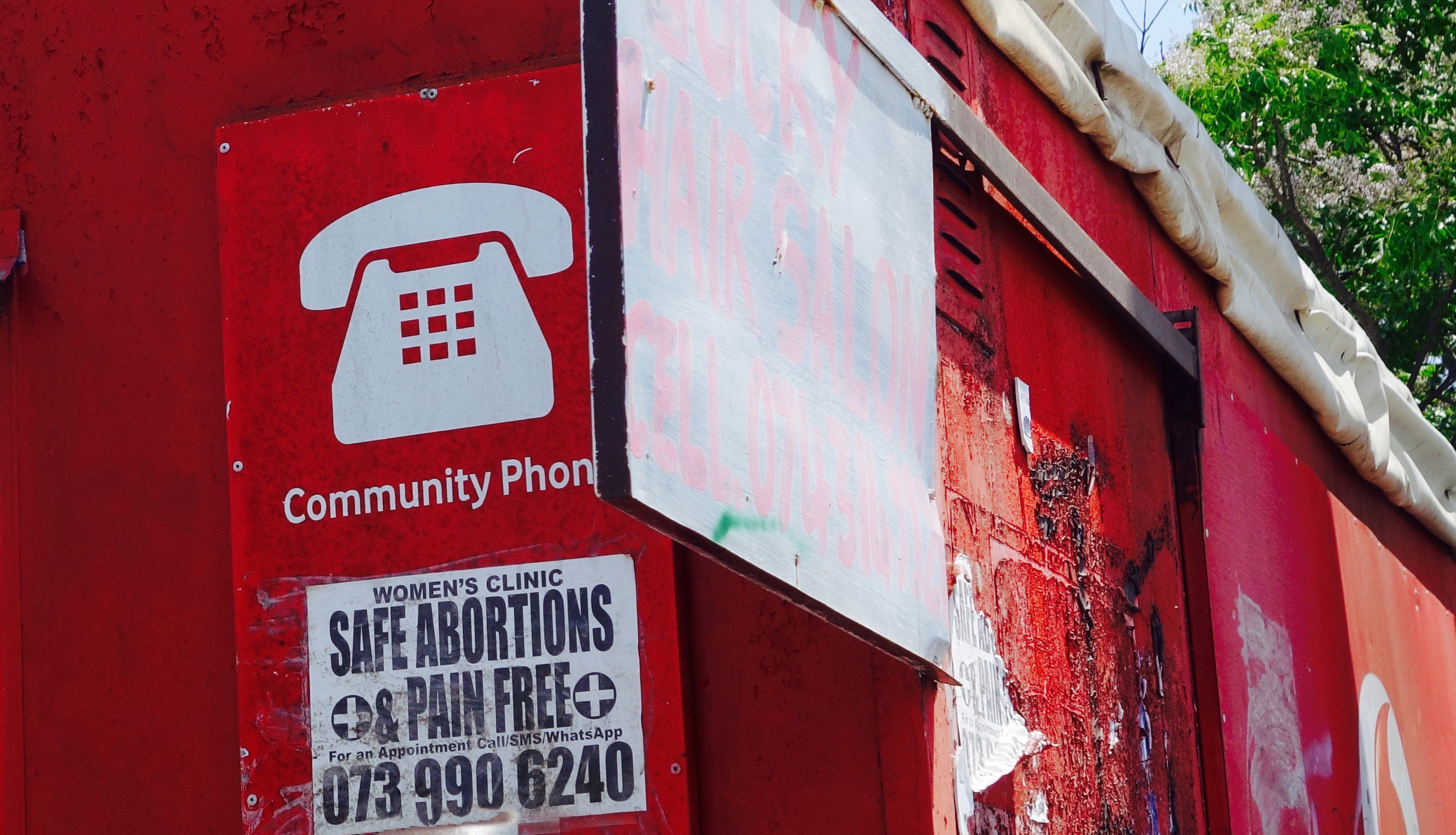Abortion
Abortion in Senegal: The dilemma of single women

Adjara is worried, sad and very unhappy. She became pregnant by her boyfriend, a taxi driver, with whom she spends her weekends in Niary Tally, a popular district of Dakar. She works as a “housemaid” in a family living. On weekends, she is free. Therefore, for reasons of economy, she prefers to go to her boyfriend's house, with whom she plans to marry. She cannot afford to take a room just for the weekends. What was supposed to be just flirting has turned into a nightmare for her with her pregnancy. She does not dare to admit her situation and does not know how to deal with her family back home. This pregnancy has come at a very bad time. She will not be able to continue working in her condition. She cannot bear to give birth to a bastard. She will be banned from her village.
The socio-cultural beliefs do not accept a woman who makes love before marriage. The worst thing is that her boyfriend Matar does not seem to be aware of the torments that haunt her. She wants to have an abortion and get on with her life. However, in Senegal, abortion is forbidden despite the countless conventions that the country has signed internationally. Senegal's abortion legislation is both restrictive and ambiguous. Although the country's penal code formally prohibits the termination of pregnancy, the doctors' code of ethics allows abortion if three colleagues attest to the necessity of the procedure to save the life of the pregnant woman.
"A friend told me about a clinic that performs medical abortions clandestinely but in good conditions. However, they gave me an estimate that exceeds my annual salary and Matar does not want to contribute. He threatens to denounce me if I kill his child. Nevertheless, he does not want to marry me to hide my condition before the pregnancy is visible. I don't have much choice", says the desperate woman
The only option left for Adjara is clandestine abortion in conditions that endanger her health. Like many women in her situation, the 26-year-old is desperate. The law allows safe abortion only in cases of rape or incest. Adjara has heard of a market where abortion pills are on sale. She decides to go there to find out more.
"When I arrived, the first people I met refused to answer me. An old man finally pointed me to a canteen in a dark alley. I find a man there who explains what I have to do and asks me for 50,000 CFA francs in exchange," says the young woman.
The place in question is called Keur Serigne Bi, an "open-air pharmacy", a black drug market located in the centre of Dakar. Here you can find all sorts of counterfeit medicines and abortion pills are sold like hotcakes. We go there and ask for information about the famous pills. A man asks us for 30,000 CFA francs for a tablet of four. He asks about the state of our pregnancy and tells us the dosage. According to him, we should drink two of them and place the other two in the vagina if the pregnancy is less than eight weeks old.
According to official statistics, almost two-thirds 63%) of abortions performed in Senegal are performed by unqualified persons and are considered to be very high risk. Traditional healers perform an estimated 38% and 21% are induced by the women themselves. About 4% are induced with drugs/medicines or other substances purchased in pharmacies.
Adjara managed to abort with a tablet of Artotec, a drug intended as a basis for the treatment and symptomatic treatment of acute flare-ups of rheumatic diseases in at-risk patients. She lost a lot of blood for several days, but she did not dare go to hospital for fear of being reported and arrested. She put up with her pain and eventually recovered. Nevertheless, how many women die after such health risks? Statistics cannot tell.